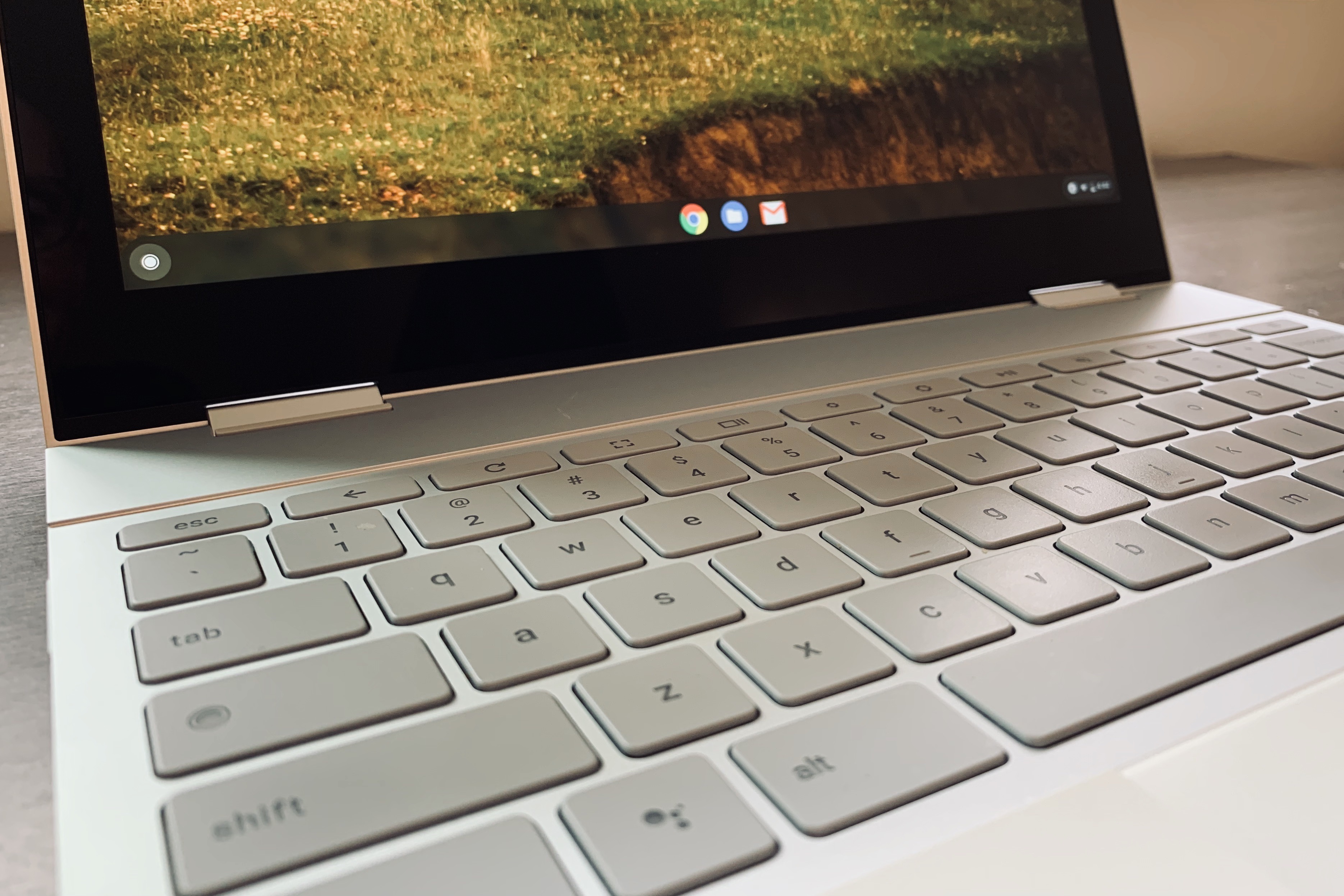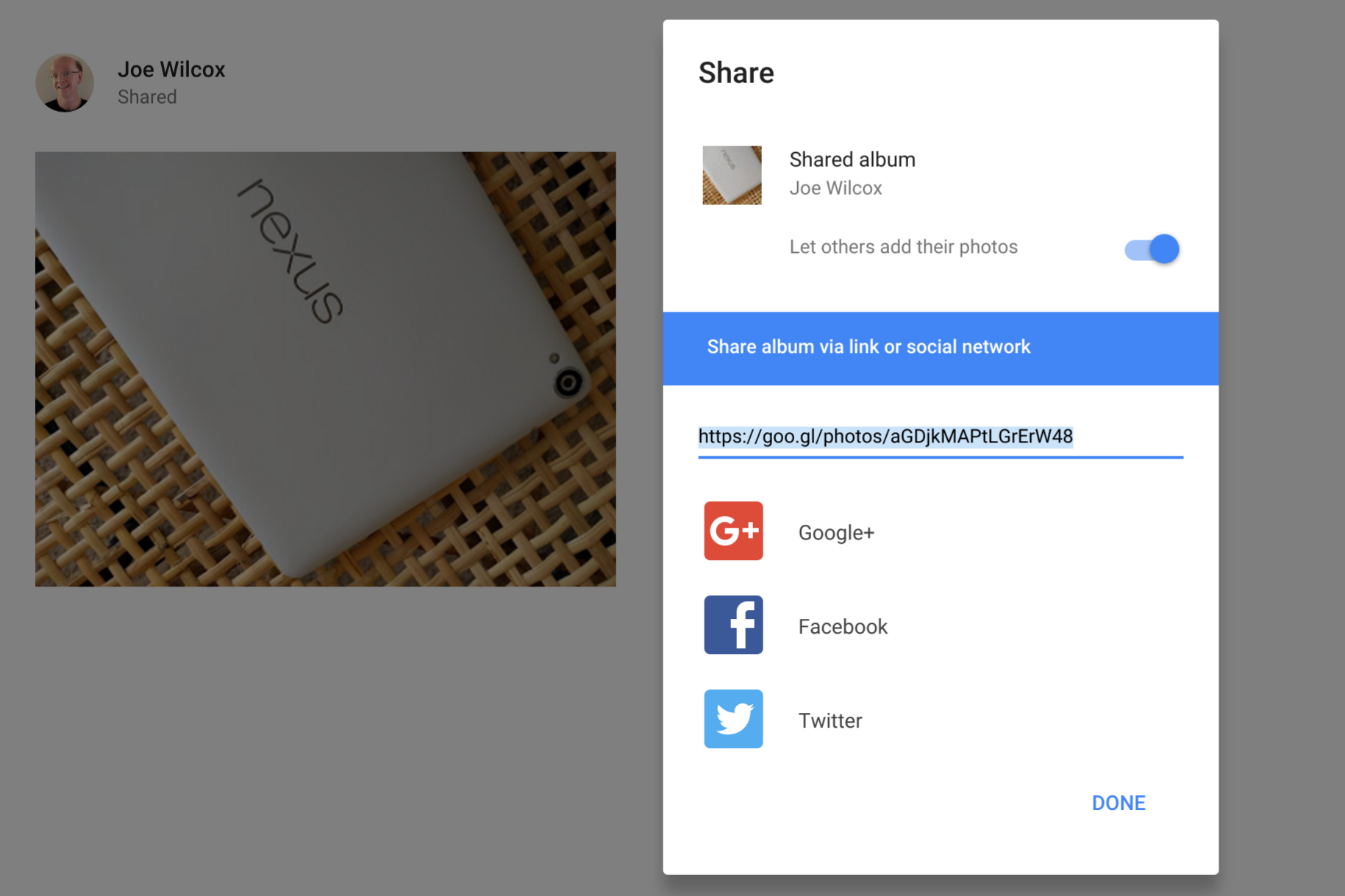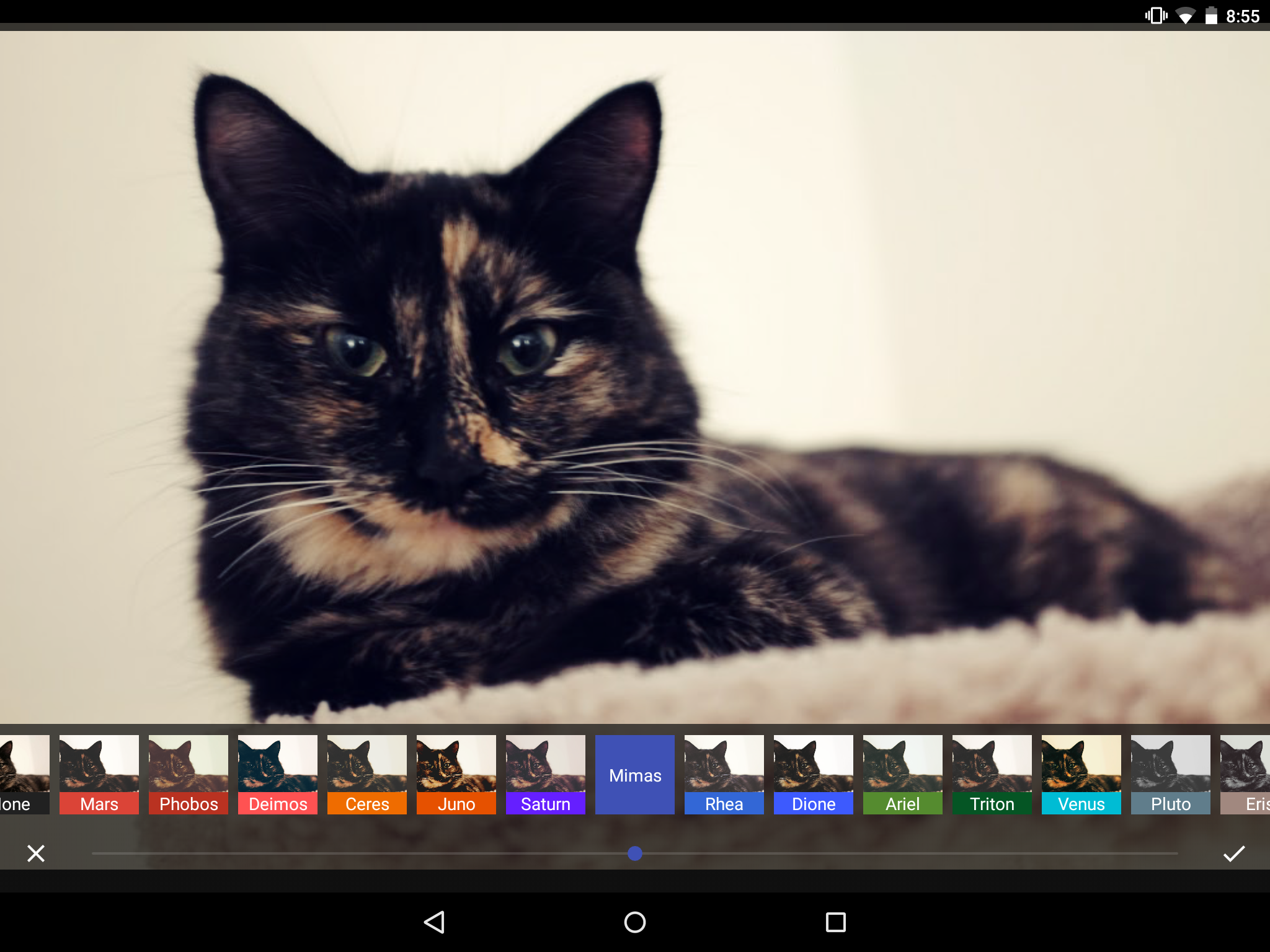The laptop that led me back to the Google digital lifestyle is gone. Two days ago, a preschool teacher—who happens to be the same age as my daughter—bought the Pixelbook that I purchased in June 2018 during a Father’s Day sale. Subsequently, my wife and I swapped iPhones for Pixel phones and each a MacBook Pro for Google Chromebook. I added the Pixel Slate five months later. Funny thing: While I sold her MBP, I kept mine and iPad 10.5 for software testing. That decision was wise, although sticking to the Apple Way would have been wiser.
I love the Google lifestyle, but it doesn’t love me. Too many workarounds impede my workflow, which makes me more likely to consume content rather than to create it. Google’s Material Design visually appeals, and the UX (user experience) is more consistent than Apple user interfaces, where too many motifs compete and distract. That said, Android and Chrome OS crumple where I need them to be solid. Half-baked is the Android-integration with Chrome OS—not ready for commercial release is Chrome OS tablet. The tools I need most either aren’t available, or they don’t work well. Or worse, Google takes them away.





